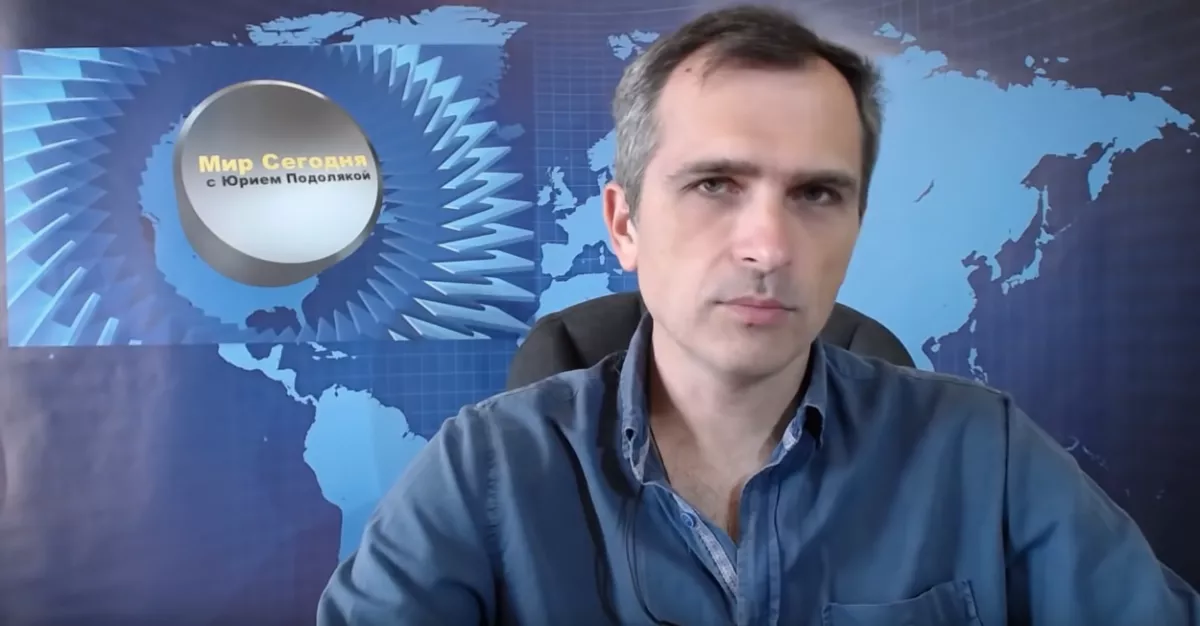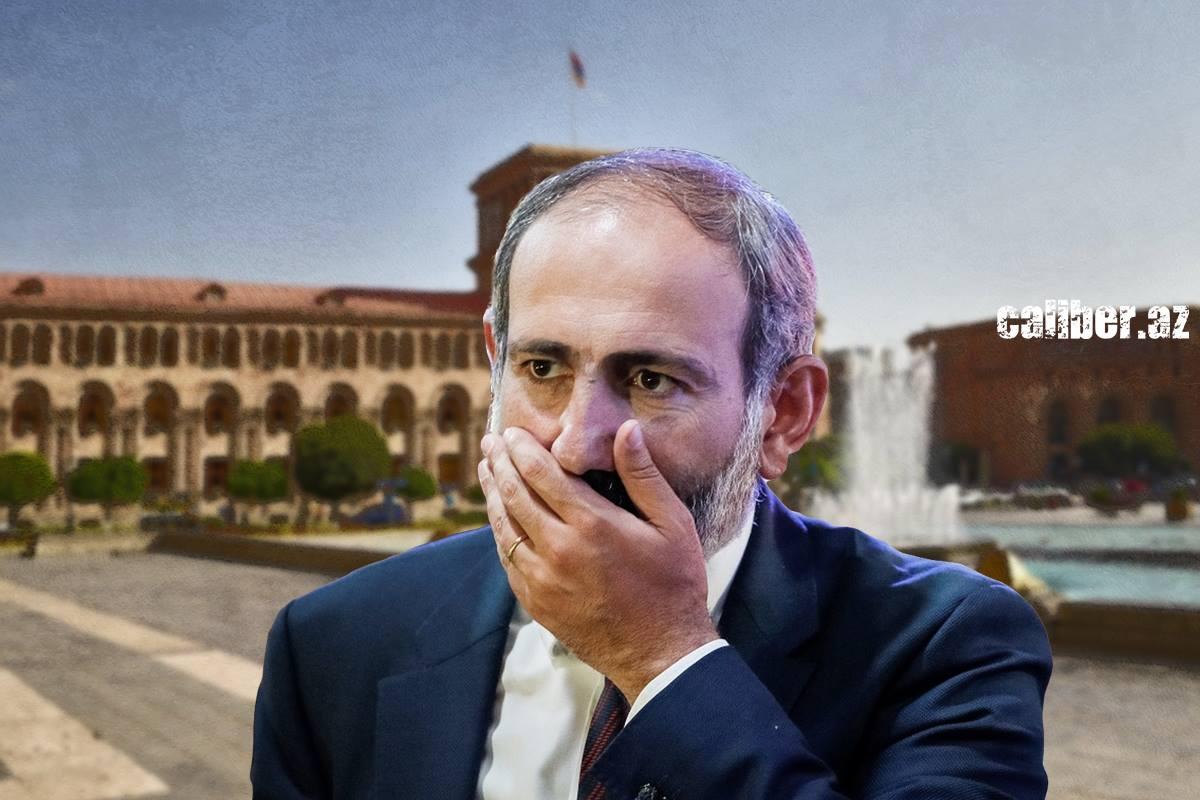Armenia's pro-western pivot: Alleged arms transfer to Ukraine sparks Russian ire Diplomatic red flags up
Armenia’s relations with Russia have been increasingly strained since Nikol Pashinyan's rise to power, marked by a shift towards pro-Western policies. This realignment has led Yerevan to forge a strategic partnership with the United States and enhance cooperation with the European Union. However, these moves have also resulted in Armenia losing its status as Russia's closest ally in the region.
The situation has escalated further amid the ongoing conflict in Ukraine. Recently, Armenia has drawn more criticism from Moscow following reports of its involvement in transferring Soviet-made weapons to Ukraine. This development was highlighted by blogger Yuri Podolyaka, known for his commentary during the 44-day war, who shared the information on his Telegram channel.
The transfer of these weapons, if confirmed, represents a significant shift in Armenia’s foreign policy and could further destabilize its already fragile relationship with Russia. Moscow’s reaction to this new turn of events remains closely watched, as Yerevan continues to navigate its complex geopolitical position.
Armenia has reportedly initiated official transfers of Soviet-era armaments to Ukraine, according to recent disclosures. A contract signed on August 28 between the Armenian government and the European Commission stipulates that Yerevan will supply ammunition for Soviet-made tanks and air defence missiles, valued at €210 million, through Georgian ports. The agreement also includes shipments of Soviet-made air defence systems and artillery equipped with 152mm caliber shells.
In a controversial post, blogger Yuri Podolyaka criticized Armenian Prime Minister Nikol Pashinyan, alleging that Armenia's actions reflect a betrayal of Russian interests. Podolyaka's comments reflect ongoing tensions and dissatisfaction with Pashinyan's policies since he assumed power in 2018.

This is not the first time Armenia’s arms transfers to Ukraine have come under scrutiny. In November 2023, the Russian Telegram channel Rybar, which is affiliated with Russian security services and boasts over 1.2 million subscribers, reported that Armenia had transferred Tochka-U missile systems to Ukraine. The channel suggested that these agreements might have been facilitated during meetings between Armenian official Armen Grigoryan and Ukrainian counterpart Andriy Yermak, potentially with American involvement.
“The exact number of Tochka-U missile systems and launchers transferred by Armenia to Ukraine remains unclear. Open sources indicate at least three units, but it is suspected that several more modernized Tochkas were provided to Armenia prior to the ongoing conflict. In total, these could include up to 200 missiles.
Additionally, reports suggest that the White House is pushing for the transfer of Osa-AK anti-aircraft missile systems from the Armenian Armed Forces to Ukraine. With losses during the Second Karabakh War considered, Armenia may have up to 30-40 of these systems available. Given the current trajectory of Armenian foreign policy, there are concerns that Armenia might transfer its remaining military assets to Ukraine, potentially compromising its own defence capabilities,” Rybar reported.
Recent reports suggest that Armenia has transferred up to 200 Soviet Tochka-U missiles to Kyiv. This claim has been corroborated by several Russian media outlets, which also report that Armenia, having received Western weapons, is exchanging older Soviet arms for these newer supplies.
Historically, Armenia's military arsenal includes Soviet-made weapons that were supplied in the early 1990s. According to the Russian newspaper Kommersant, then Russian Defence Minister Igor Rodionov acknowledged at the time that Russia had provided military equipment to Armenia free of charge between 1994 and 1996.
This transfer came amid controversy surrounding the supply of Russian arms to Armenia, spurred by Minister for Cooperation with CIS countries Aman Tuleyev. Tuleyev was vocal about the illicit nature of these deliveries and the significant financial impact on the Russian budget.
Given this background, it is plausible that some of the Soviet-made weapons supplied to Armenia during this period could have been transferred to Ukraine. However, Armenia has not officially confirmed this transfer.
Last year, following the release of insider information about Armenia's alleged arms transfers, Armenian Defence Ministry spokesman Aram Torosyan firmly denied the claims.
"This information is not accurate. We urge Armenian media partners to avoid spreading false narratives propagated by foreign sources," Torosyan stated.
Despite these denials, it is suspected that Armenia may have supplied Soviet and Russian-made air defence systems and missile systems to Ukraine in hopes of securing military support from Washington and Paris.
Two noteworthy points regarding Armenia's arms transfers to Ukraine include: this February, Armenian Prime Minister Nikol Pashinyan publicly declared at a meeting with the Armenian diaspora in Munich that Yerevan does not align itself with Russia concerning the Ukraine conflict.
"I have long maintained that Armenia is not aligned with Russia on the issue of Ukraine. This is our sincere position. It pains us deeply that we are unable to influence the situation. The Ukrainian people are a friendly nation to us."

Pashinyan’s remarks drew a pointed response from the Kremlin. Russian presidential spokesman Dmitry Peskov acknowledged Moscow's awareness of Armenia's position, stating, "It is no secret that we have fundamentally different viewpoints on the situation in Ukraine. This is a well-known position of our Armenian friends. We do not agree with them and will continue to assert our perspective."
Peskov’s comments underscored Russia’s dissatisfaction with Armenia’s position and highlighted ongoing tensions between the two nations.
Since the end of last year, interactions between Armenian and Ukrainian leaders have notably increased. In September 2023, Anna Hakobyan, the Armenian Prime Minister Nikol Pashinyan’s wife, attended a summit of First Ladies in Kyiv. Following that, in Dublin, Ireland, Armenian Parliament Speaker Alen Simonyan held discussions with Ruslan Stefanchuk, Speaker of the Verkhovna Rada of Ukraine. In October, during the European Political Community summit in Granada, Spain, Nikol Pashinyan met with Ukrainian President Volodymyr Zelenskyy.
Additionally, Armenia has joined efforts to support Ukraine's "peace formula," which includes demands for the withdrawal of Russian troops and a return to the 1991 borders. Armenia has also started providing humanitarian aid to Kyiv.
Yerevan's stance on Ukraine constitutes an internal Armenian matter and pertains exclusively to Armenian-Russian relations. However, the publication of information by Yuri Podolyaka, who has connections with Russian security agencies, about Armenia allegedly transferring weapons to Ukraine, indicates that Moscow is deeply unsettled by Yerevan’s actions.
This suggests that Armenia might be positioning itself as a pawn in the broader geopolitical contest between Paris and Washington, potentially inviting significant challenges from Russia in response.








